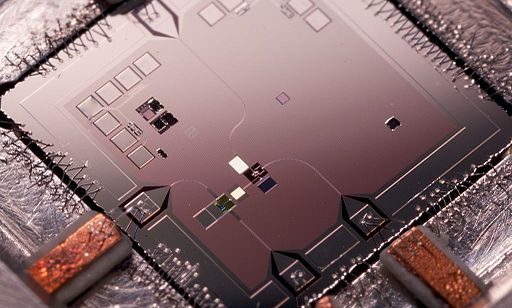
In the near future, quantum technology applications, cyber weapons, artificial intelligence, deep fakes, autonomous, and adaptive networked armed drone swarms, to name but few, may interact with one another, nuclear commands and control infrastructures, and the human at the same time. These new and emerging technologies will impact a decision maker’s ability to manage, assimilate, interpret, trust, verify the information, and, ultimately, make a nuclear decision.
This report by the ELN draws on the insights of, and debate among, former high-level nuclear decision-makers and current officials at a virtual pilot-workshop. This was held in January 2021 and was organised by ELN in cooperation with the Oracle Partnership. Based upon a “worst-case scenario”, the event explored the possible impact of predominantly aggregate technologies on nuclear weapon decision-making. It initiated one of four working strands which form a broader project on new technologies and nuclear decision- making undertaken by the ELN.
New and emerging technologies will impact a decision maker’s ability to manage, assimilate, interpret, trust, verify the information, and, ultimately, make a nuclear decision.
The aim of this report is to summarise insights on some of the complexities posed by disruptive technologies and expand on related ideas of challenges, opportunities and pitfalls. At this stage, the focus is on identifying questions, research priorities and perspectives from which to approach nuclear decision-making under technological complexity in our future research. This is the first step towards addressing the problems, exploring strategic options and proposing solutions.
The report does not reflect the view of individual workshop participants, the members of the ELN, or any other institution represented at the meeting.
The opinions articulated above represent the views of the author(s) and do not necessarily reflect the position of the European Leadership Network or any of its members. The ELN’s aim is to encourage debates that will help develop Europe’s capacity to address the pressing foreign, defence, and security policy challenges of our time.
Image: Giphy, Matthew Butler




